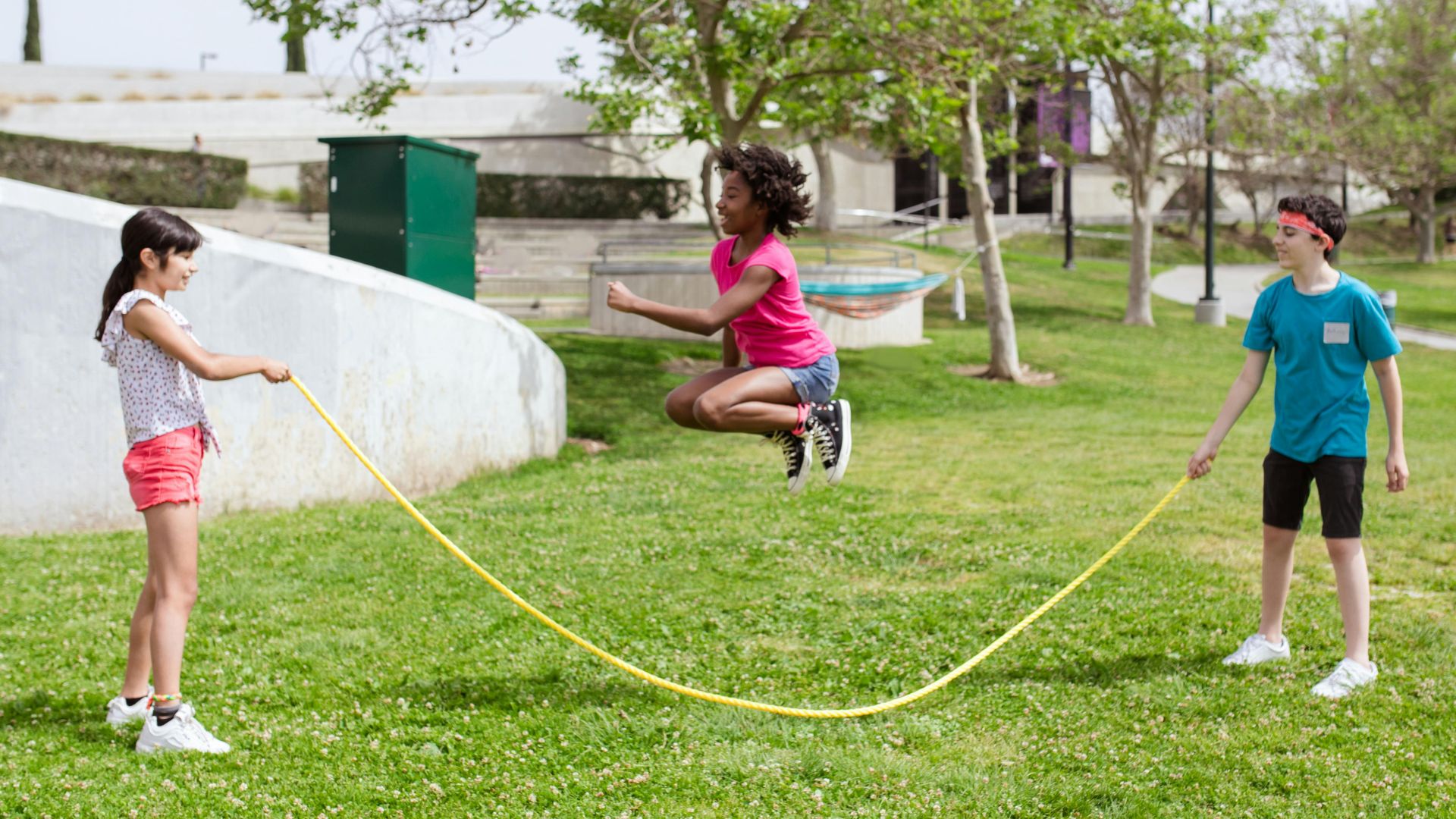20 Wellness Principles You Should Instill In Your Kids To Keep Them Happy & Healthy
Teaching Wellness That Lasts
Childhood is a period where habits shape futures, and the lessons we teach become the principles steering kids as they grow. Wellness isn’t just about keeping them active or healthy—it’s about nurturing joy and balance. There are many principles that plant seeds of health and happiness that last far beyond childhood. Each idea on this list is simple, yet powerful. Let's dive in!
1. Encourage Daily Outdoor Play
Sunlight outdoors gives kids the vitamin D needed for strong bones, while fresh air boosts immunity. Also, activities like running and climbing sharpen coordination. Just twenty minutes in nature can lift their mood, and playing outside even helps them sleep better at night.
2. Teach Proper Handwashing
Handwashing clears away germs that cause colds and stomach bugs, and clean hands before meals block bacteria from entering the body. Kids love singing while scrubbing, making the process fun, and fewer sick days mean fewer missed school days.
3. Promote Balanced Meals Rich In Fruits And Vegetables
Colorful fruits and vegetables provide the vitamins and fiber kids need for growth and healthy digestion. Eating five colors a day ensures variety and crunchy veggies like carrots naturally clean teeth. Bananas can even brighten moods thanks to natural mood-boosting compounds.
4. Make Bedtime Routines A Priority
A steady bedtime helps children fall asleep quickly and wake refreshed, and restful nights strengthen memory and learning. Getting enough sleep reduces crankiness the next day, and deep sleep releases growth hormones, which support healthy development.
5. Inspire Gratitude Practices
Gratitude shifts children’s focus from worries to positive moments and helps them grow kinder and build strong friendships. Writing or drawing thanks can instantly lift moods, too. Kids who practice gratitude tend to have more smiles appear throughout the day.
6. Set Screen-Time Limits
Eyestrain and headaches often come from too much screen use, and late-night device use disrupts melatonin and sleep cycles. Reducing screen time boosts creativity, sparks activity, and gives kids more chances to build social skills through sports and games.
7. Introduce Mindful Breathing
By calming the nervous system, mindful breathing helps children reduce stress. It also makes it easier for them to focus on tasks. Even four-year-olds can learn through playful methods, and a few minutes of mindful breathing is enough to lift moods for hours.
8. Prioritize Family Meals
Eating together steers children toward healthier food choices and makes them feel safe and supported. Shared meals also expand vocabulary and improve manners. Over time, these moments become favorite memories and powerful family bonds that children will always cherish.
9. Encourage Daily Hydration
Water keeps kids energized and sharpens their minds for learning, while dehydration often shows up as grumpiness. Adding fruit slices makes water fun. Plus, regular hydration prevents unnecessary snacking when thirst is mistaken for hunger.
10. Teach Sun Safety Habits
While sunscreen guards against harmful UV rays that cause burns, hats or shade habits lower long-term skin damage. Clouds don’t block all rays, so protection matters daily. Bright hats and protective clothing keep safety stylish for children.
11. Promote Regular Exercise
Exercise builds stronger muscles and supports a healthy heart. Plus, kids get the stamina they need for play and learning. Whether it’s jumping rope or dancing at home, active children get to not only laugh and enjoy themselves, but also sleep more soundly.
12. Foster Open Communication
When kids share their feelings instead of bottling them up, they experience less loneliness and anxiety. Bedtime “feelings check-ins” help them rest calmly, and drawing can reveal hidden emotions. Children often surprise parents with creative solutions when worries are discussed openly.
13. Introduce Journaling
Journaling gives children a safe space to sort out thoughts and manage emotions, easing stress while encouraging balance. Adding doodles makes writing fun, and bedtime entries help with relaxation. Journals become keepsakes that highlight personal growth through childhood.
14. Teach The Value Of Volunteering
Volunteering encourages kindness and helps children develop self-confidence and a sense of purpose. Joy often comes from simple actions like helping animals, and even picking up litter builds pride. These experiences can also lead to meaningful friendships and fun adventures.
15. Make Reading A Daily Habit
Beyond expanding vocabulary, daily reading sharpens comprehension and trains kids to concentrate longer. Reading aloud to pets or siblings makes the habit enjoyable. Libraries turn book searches into exciting treasure hunts, and children who read regularly often grow into imaginative and curious thinkers.
16. Encourage Kindness Challenges
Empathy and strong social skills grow when children practice kindness. Their self-esteem also rises, and positive habits get formed. Kids love kindness challenges like compliments, and holding doors makes them feel heroic. And, yes, one thoughtful gesture can inspire a chain reaction.
17. Encourage Laughter
Laughter does more than spark joy—it reduces stress hormones and supports immune health. A cheerful outlook helps kids connect easily, and laughter even burns calories. Children typically laugh far more than adults, and funny family traditions can create cherished, lasting memories.
18. Teach Yoga And Stretching
Stretching keeps muscles flexible and lowers the risk of injury, while yoga improves balance, posture, and calmness. Animal poses add playful fun, and stretching together strengthens family bonds. Many children find that their yoga mat becomes a safe “calm-down” space when emotions rise.
19. Prioritize Dental Hygiene
Brushing and flossing guard against cavities and gum problems and ensure that eating stays easy and nutrition stays strong. You can use music to keep brushing fun and longer. Favorite-character toothbrushes motivate kids, and caring for baby teeth is just as essential as permanent ones.
20. Encourage Creativity Through Arts And Crafts
Problem-solving and critical thinking sharpen when kids explore arts and crafts. Creative projects also support emotional health. Cutting, gluing, and coloring refine motor skills, and displaying artwork brings pride. Crafting itself can be soothing.
KEEP ON READING




























